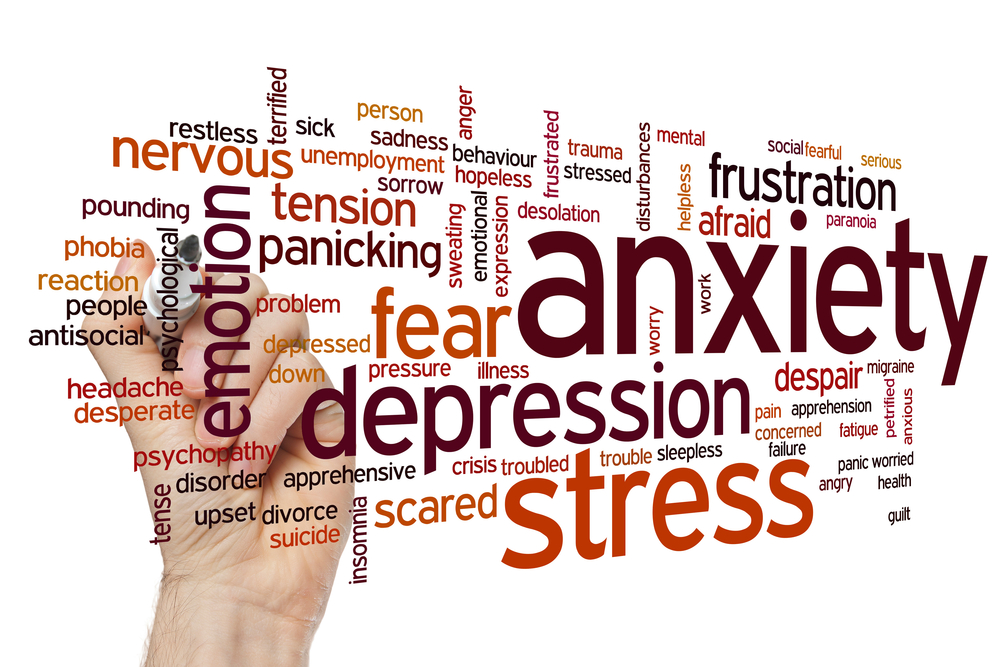9 Surprising Facts About Depression

Depression is a mental health condition that affects how a person feels, thinks, and engages with the world. Everyone experiences sadness, loneliness, grief, or hopelessness occasionally.
However, when these feelings are severe, accompanied by other changes such as a decline in energy, feelings of emptiness, trouble sleeping, or inability to perform day-to-day activities, it might be a sign of depression. As per the World Health Organization, more than 300 million people worldwide likely suffer from depression.
A lot of risk factors, such as family history, history of trauma, or other mental health issues, can lead to depression. If left untreated, it affects the emotional and physical well-being of the person. Here are some shocking facts about depression, depression symptoms, and depression treatment.
1. Depression Can Impact Everyday Life
One of the most critical depression symptoms is losing interest in the hobbies and activities one used to enjoy. Depression can cause a person to remove themselves from social situations, affecting their daily life and physical well-being.
In fact, stomach problems, headaches, or body pain without an apparent cause can be signs of depression.
2. Depression Symptoms Can Vary
Depression doesn’t look the same for everyone; the symptoms can vary from moderate to extreme from one person to another. Some common depression symptoms include:
- Having a low or sad mood
- Weight loss or gain
- Appetite changes
- Lacking energy
- Feeling guilty
- Having trouble concentrating
3. Depression May Be Connected to a Person’s Biological Makeup and Environment
A person’s biological makeup and genes might put them at a higher risk of depression. This is due to varying chemical composition in the brain that can result in depression.
Additionally, a person may be more likely to develop depression if they are continually exposed to a negative environment, such as violence, abuse, neglect, or poverty.
4. Depression Treatment Can Help Manage the Issues Better
Various treatment options can help manage depression and improve quality of life. While therapy and lifestyle changes such as diet and exercise can help with mild to moderate depression, medication and therapy are helpful for moderate to severe depression.
Talking about how one feels with friends or family and consulting a medical health professional for depression treatment and management can accelerate recovery.
5. There are Different Types of Depression
In psychology, depression is an umbrella term for a range of mental health experiences people might face. These include:
-
- Persistent Depressive Disorder: This is a type of chronic depression that lasts 2 years or more. It can include long-lasting, mild signs of depression.
- Major Depressive Disorder: This is the most common type of disorder people face when the symptoms last for more than 2 weeks.
- Seasonal Depression: Seasonal disorder is characterised by changes in moods or feelings of sadness with changes in weather patterns.
- Bipolar Disorder: People with bipolar disorder experience sudden and significant mood changes, from periods of depression followed by periods of mania.
6. Depression is Linked with Various Health Issues
People who suffer from depression are also at a higher risk of developing serious inflammatory or autoimmune conditions such as heart disease, arthritis, diabetes, or inflammatory bowel disease.
However, the opposite is also true. People with severe medical conditions such as cancer or chronic pain can be at a higher risk of developing depression.
7. Depression Affects Women More
According to a 2020 study in the American Journal of Psychiatry, about twice as many women as men experience depression. Women are at a higher risk of depression due to various internal and external factors. Hormonal changes, especially during pregnancy and childbirth, can often cause a specific type of disorder known as postpartum depression in women.
8. Diet Can Help or Impact Depression Risk
Having a healthy and nutritious diet can have a valuable impact on signs of depression. According to a 2017 meta-analysis published in Psychiatry Research, a diet rich in fruits, whole grains, vegetables, low-fat dairy, and antioxidants is linked with a reduced risk of depression.
On the other hand, a diet high in fat, processed meat, sweets, refined grains, and potatoes is linked to a high risk of depression.
9. Depression Can Often Be Misdiagnosed
When it comes to depression, misdiagnosis is a common issue worldwide. Since it is a complex condition, healthcare professionals might misinterpret the symptoms and misdiagnose the condition.
These shocking truths about depression underscore the urgent need for increased awareness, advocacy, and action. If someone is experiencing depression symptoms, consult a mental healthcare professional immediately.
FAQs
1. How does depression affect everyday life?
Depression can have a serious effect on one’s everyday life, from family and relationships to work and physical well-being.
2. How can depression be treated?
Medication, therapy, and various lifestyle changes such as diet, regular exercise, enough sleep, and avoiding smoking can help manage and reduce depression.














